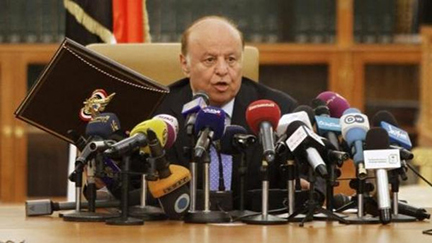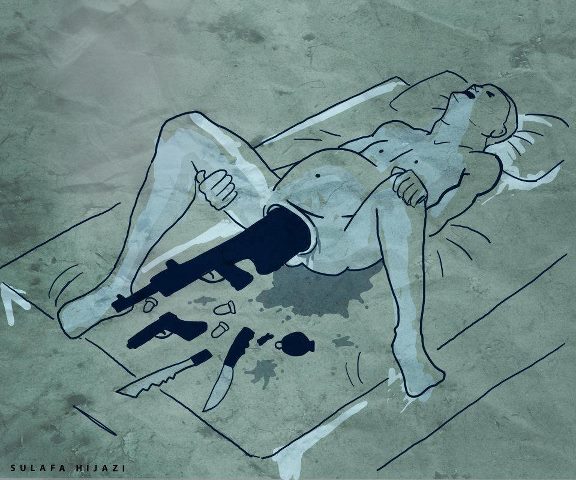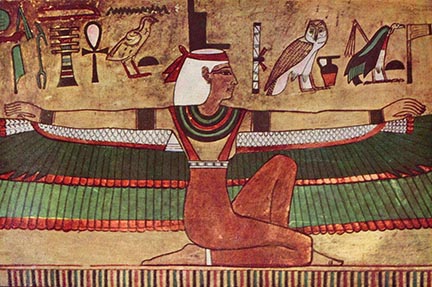
This stupidity needs to end: Why the Atlantic & NY Post are clueless about Islam
Pundits claiming that ISIS is emblematic of Islam ignore the intellectual traditions at the heart of the religion
by H.A. Hellyer, Salon, Februrary 20, 2015
This week, President Obama hosted a summit on countering “violent extremism,†where he received criticism from some on the rightwing over his refusal to call such violence “Islamic.†American media outlets, particularly the Atlantic and the New York Post, have struck a similar chord of late. All of this happens against a rather poignant backdrop: Only a few days ago, ISIS released a video showing the killing of 21 Coptic Egyptians in Libya. The group expressed what it considered to be Islamic justification for its actions. Long after the summit, specialists in the field of counter-extremism will continue to ask the question: Is ISIS actually representative in some way of Islam? And what, really, is the relationship between the group that calls itself the “Islamic State†and the world’s second largest religion?
There will be those that will insist that ISIS has nothing to do with Islam or religion in general — that ISIS is primarily a social and political phenomenon, bereft of ideology entirely, or simply using Islam as a superficial justification. Counterterrorism studies indicate that for very many people in the broader radical Islamist universe, non-ideological factors certainly play magnificently important roles. At the same time, it is also the case that for radical Islamists, an ideological component not only exists, but is crucial in understanding their world views. In some shape or form, for ISIS supporters, religion certainly plays a role. But what religion, precisely?
The easy answer is to say “Islam†– but it is also a rather lazy answer. There are around 1.5 billion Muslims around the world. The vast, overwhelming majority of them, needless to say, are not members of ISIS — and, in fact, Muslims actually make up the majority of ISIS’s victims, its most active enemies on the battlefield, and its most prominent detractors. Continue reading This stupidity needs to end →








